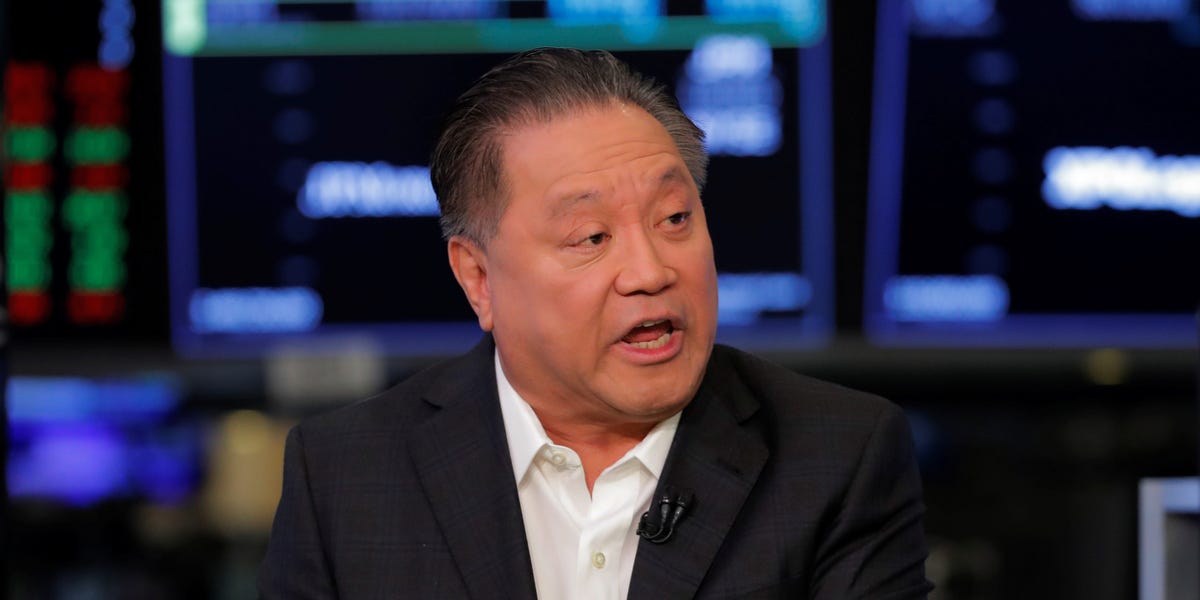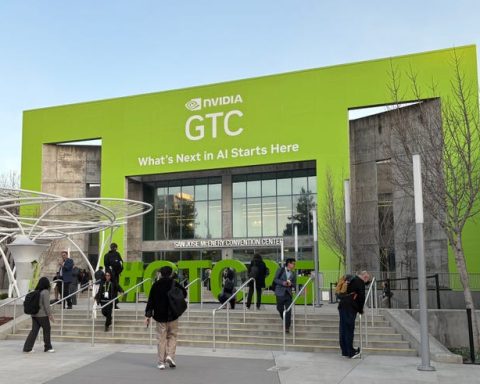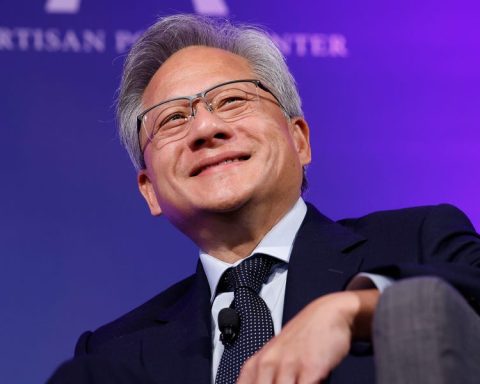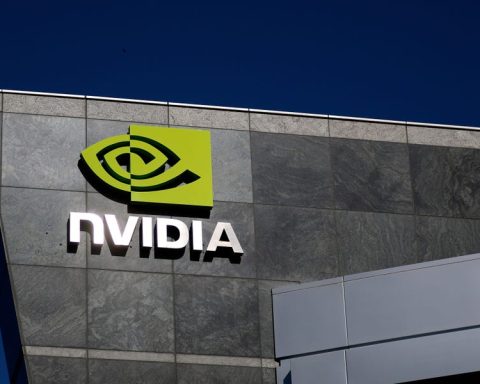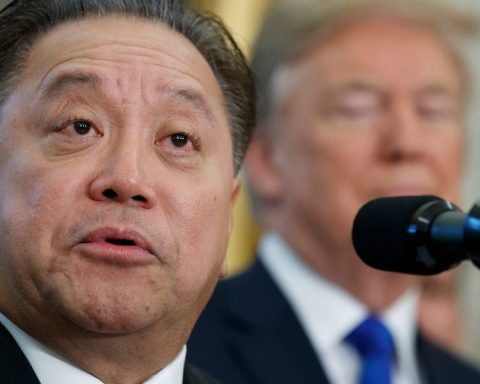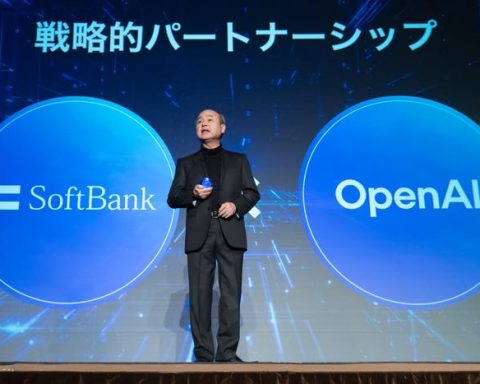Broadcom’s AI revenue surged 77% year-over-year, bolstering its stock price following a tumultuous 2025 so far. The company’s custom AI chips, designed in collaboration with cloud providers, present cost-effective alternatives to Nvidia’s products. Analysts forecast that the application-specific integrated circuit (ASIC) market will nearly double in size this year.
No matter where Nvidia executives are, they continue to face inquiries regarding custom AI chips, and Broadcom has ensured that this trend won’t abate any time soon.
On Thursday, Broadcom reported its quarterly earnings, leading to a significant market response and positive reviews—primarily driven by the company’s AI segment. Broadcom made headlines in December after it joined the $1 trillion market cap club for the first time. Like many AI-related stocks, Broadcom has experienced fluctuations in 2025, yet its stock surged over 10% in after-hours trading following the announcement of $4.1 billion in AI revenue for the last quarter, marking a 77% increase compared to the same quarter last year.
Under the leadership of CEO Hock Tan, Broadcom has emerged as a key player in the ASIC sector. These custom AI chips, typically developed in tandem with cloud firms, are not as versatile as Nvidia’s highly sought-after chips but are specifically engineered to execute defined, high-volume AI tasks at significantly lower costs.
As AI workloads continue to grow and expand, analysts anticipate that ASICs will become an increasingly appealing option for customers, who, even as they develop their custom solutions, are still making significant purchases from Nvidia. Analysts from Morgan Stanley predict that the ASIC market will almost double to $22 billion this year, while Broadcom expects its AI initiatives with its three largest hyperscaler partners to generate between $60 billion and $90 billion over the next two years.
Dan Morgan, senior portfolio manager at Synovus, informed investors on Thursday that Broadcom represents a “compelling way to play” in AI investment, given that it is “less volatile than the merchant AGI race.” According to analysts, the primary customers for Broadcom’s AI chips include Google, ByteDance, and Meta. Tan noted that the company is collaborating with four additional firms, although he stopped short of labeling them as customers during the call. He emphasized the distinction between the process of developing and testing a new chip versus placing large-scale deployment orders.
Nvidia CEO Jensen Huang echoed similar sentiments in his comments last week during his company’s earnings call. “Just because the chip is designed doesn’t mean it gets deployed. And you’ve seen this happen repeatedly,” Huang stated. When questioned about the competitive risk posed by ASICs, Huang remarked, “We’re general, we’re end-to-end, and we’re everywhere.” The landscape for custom chips is not uniform; for example, Marvell, another notable manufacturer of Amazon’s custom AI chips, fell short of expectations in its earnings report on Wednesday.
